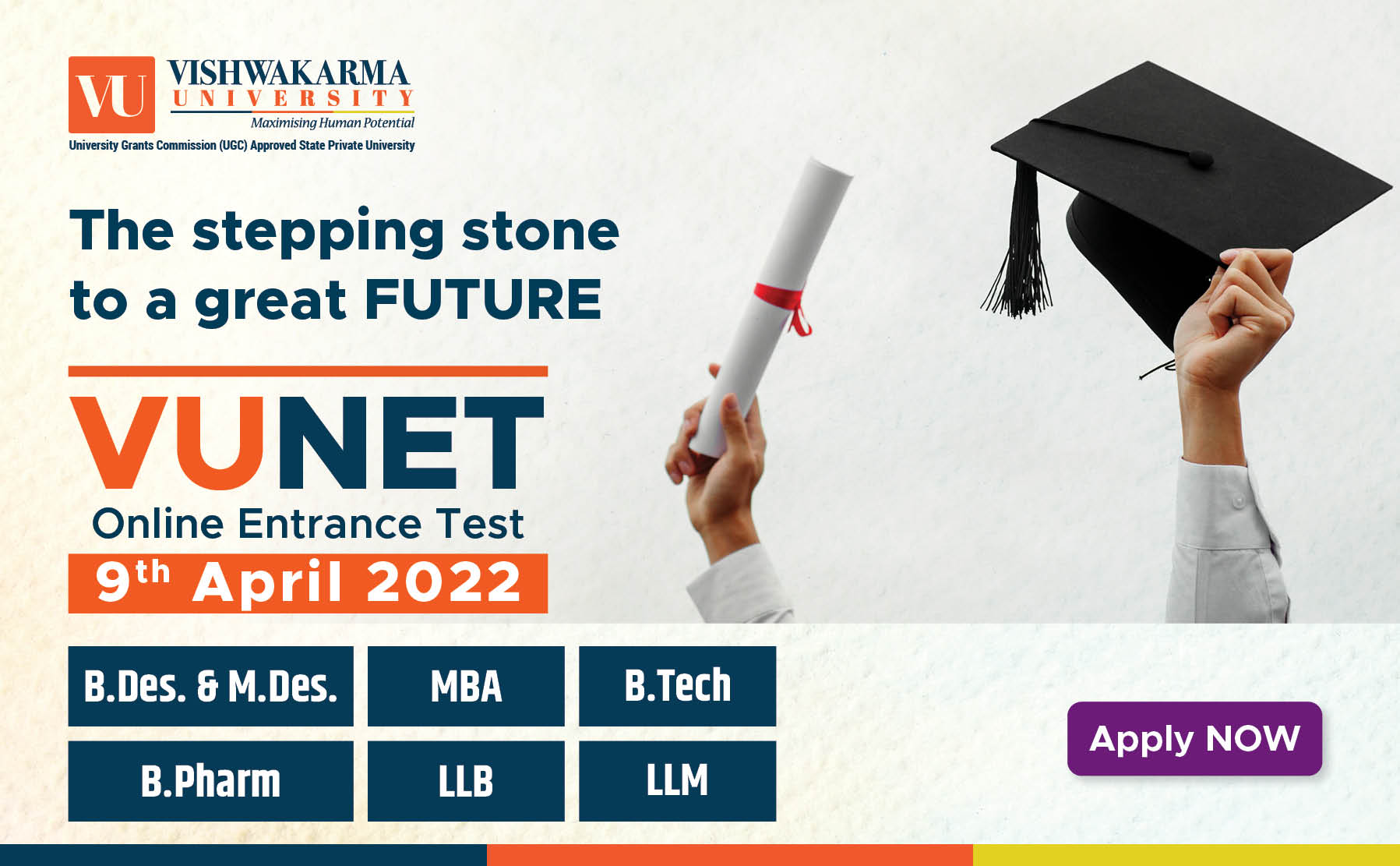
In the wake of digitalisation and democratization of information, the world is a transformed place. New technologies have led to the proliferation of handheld devices and computers that enable connectivity and allow access to information without traditional dependency on infrastructure of roads.
Diffusion of Technology
We are in the fourth industrial revolution and new technology has blurred the boundaries between physical, digital and biological spaces. Unbelievable as it may sound, it is now possible for machines to manufacture organs/ biological matter. Machines now possess the intelligence based on the digital capability and enormous cognitive ability.
The definition of automobiles has changed to mobility solutions reducing the moving components by more than 80% and the mobility has become a function of electronics and primarily data driven, outdating the classical mechanical engineering of internal combustion engines. The landscape of industry and business has undergone paradigm shift which is evident from the fact that Google is now on the verge of making cars, which in the conventional sense of business definition and domains is unheard of. A self-driven electric delivery van, that could be on UK streets next year, has been unveiled at the Wired 2016 conference in London. The firm manufacturing it claims that the vehicle's stripped-back design and lightweight materials mean it can be assembled by one person in four hours.
This digitally transformed world, is bound to have bearing on human resources development and skill up gradation programmes.
Preparing well-groomed human resource for present and future
The digital transformation, access to information and thereby commoditization of knowledge has posed new challenges for academia. As per the world economic forum publication, the top three skills required by 2020 are - complex information processing, critical thinking and creativity (the three Cs). Academic community and Universities will have to respond to these transitions without compromising the essential aspect of core teaching-learning and development of student ability in the new context.
It is important to inculcate the essential skill set or the three Cs as an integral part of the human resource grooming in view of these challenges. Universities are springs of knowledge, and an enriched source of well-groomed human resource. The onus lies with them to produce human resource, which can respond and adapt to the technological diffusions, contribute to society and industry and keep pace with the swift paradigm transition.
There is an emergence of learning, un-learning and re-learning cycle to adapt to the changes in the existing human resource in the industry. This necessitates another role of academia in terms of providing anyone, anytime and anywhere the skills for capacity development. The “ability to adapt” is imperative to develop the existing work force for the industry to embrace the changes.
The diffusion of digitalization in the world of machines, humans and for that matter every single aspect surrounding us has resulted in the generation of humongous data. This leads to the task of processing this data in the meaningful context. It has become a tool that transcends all the boundaries of specializations. There is a pressing need for inter-disciplinary skill sets and should be incorporated in the educational system. In the age of industry revolution, the future holds many challenges, let’s be prepared for them.
Authored by Dr. Sidharth Jabade Vice Chancellor, Vishwakarma University, Pune


